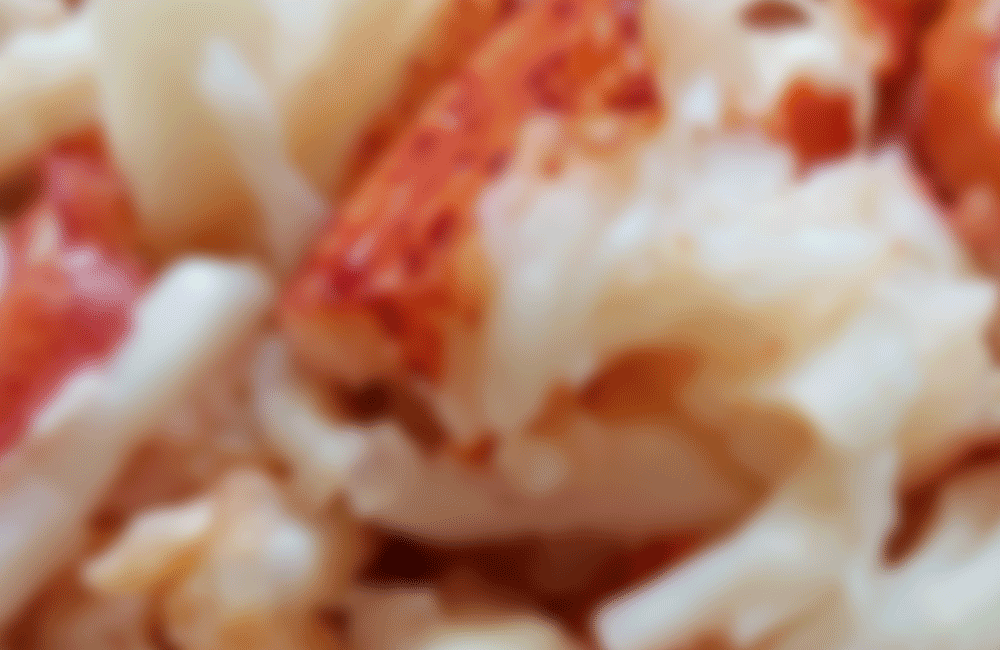Writing and Translating the Intimate: Vital Signs, a work of digital literature about food by Geneviève Sicotte
Sherry Simon & Geneviève Sicotte
Mourning
Mourning
My father was living at the cottage in the country. As the years passed he spent more and more time there. Solitary, reclusive.
He only came to the city for our meals, to the tiny apartment he had rented for these occasions. Happy to see us, with a joy that he kept hidden and that made him seem uneasy.
He had always been the one who cooked. He was busy with the menu all week. The order of the courses, shopping, cooking. And of course the wines, carefully chosen, opened well ahead of time, tasted, and which we would drink to excess.
When we arrived, the discussion turned to the recipes he had chosen. We clung to the subject to stay afloat until alcohol would make conversation easier. He already had a glass in his hand, a vermouth with clinking ice.
Between us, so many things could not be said — love, desire, fear, hope, sadness… Instead we ate slowly simmered stews, exotic and intriguing salads, smelly cheeses. Refined food, full of care and thought, but made heavy by so much silence.
One autumn day, he told us that he had cancer. In six months, maybe a year, he would die. We continued our meals. Even then, he never considered abandoning his ovens.
He became thin, his gestures slow, he tired easily. Spring came. Soon he was no longer eating with us. He pretended to, and we pretended not to notice.
In June, as he did every year, he prepared lobster. It’s a messy meal. You have to take the creature apart, break its shell, go in search of the exquisite flesh. He put a few pieces on his plate, just for show. He spoke little, his gaze was gentle. The evening ended early.
When we were leaving he said: “Well, it has been wonderful”. Then he added: “All these years”. With these words, I knew that there would be no more meals together, that this had been the last.
Deuil
Mon père habitait au chalet, à la campagne. Avec les années, il s’y était replié de plus en plus. Reclus dans sa solitude.
Il ne venait en ville que pour nos repas, nous recevant dans un studio qu’il gardait pour ces rencontres. Heureux de nous voir, avec une joie qu’il dissimulait et qui le rendait un peu fébrile.
C’est lui qui faisait à manger, depuis toujours. Son menu l’occupait toute la semaine. La séquence des plats, les courses, la cuisine. Et bien sûr les vins, soigneusement choisis, ouverts à l’avance, goûtés, dont nous allions trop boire.
Quand nous arrivions, la discussion tournait autour des recettes qu’il avait choisies. Nous saisissions le sujet au vol pour tenir jusqu’au moment où l’alcool rendrait la conversation plus facile. Lui avait déjà en main un apéro, un vermouth où tintaient des glaçons.
Entre nous, tant de choses ne pouvaient se dire – amour, désirs, craintes, espoirs, tristesses. À la place nous mangions des daubes longuement mijotées, des salades exotiques et intrigantes, d’odorants fromages. Des nourritures raffinées, pleines de soins et de pensées, mais alourdies par tellement de silences.
Un jour d’automne, il nous a appris qu’il avait un cancer. D’ici six mois, un an peut-être, il allait mourir. Nous avons continué nos repas. Même à ce moment, il n’était pas question qu’il abandonne les fourneaux.
Il a maigri, ses gestes se sont ralentis, il se fatiguait vite. Le printemps est arrivé. Bientôt il n’a plus mangé avec nous. Il faisait semblant, et nous faisions semblant de ne pas le remarquer.
En juin, comme chaque année, il a préparé du homard. C’est un repas salissant. Il faut décortiquer sa bête, briser la carapace, aller chercher la chair exquise. Il a placé quelques morceaux sur son assiette, pour la forme. Il parlait peu. Nous regardait avec douceur. La soirée s’est terminée tôt.
Alors que nous partions, il a dit : « Bon eh bien, ça a été vraiment formidable. » Puis il a ajouté : « Toutes ces années. » C’est par ces mots que j’ai compris qu’il n’y aurait plus de repas pris ensemble, que celui-là avait été le dernier.

